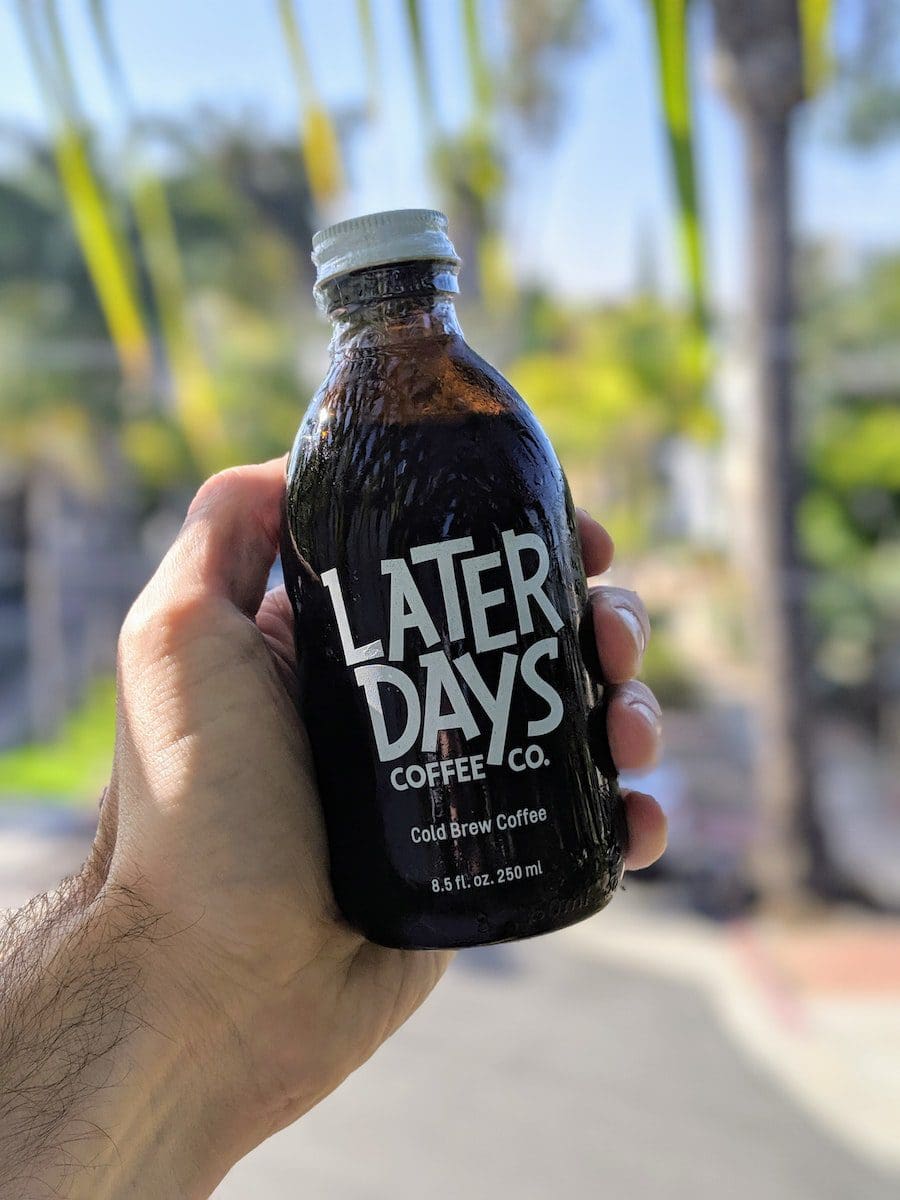“Afterward” and “afterwards” are both adverbs meaning “at a later time” or “following an event.” The primary difference lies in their usage preferences based on regional variations; “afterward” is more common in American English, while “afterwards” is prevalent in British English.
Key Takeaways
- Afterward is an adverb that refers to something that happens after a specific event.
- Afterwards is also an adverb, but it’s commonly used in British English and has the same meaning as afterward.
- Afterward is the preferred term in American English, whereas afterwards is more common in British English.
Afterward vs. Afterwards
The difference between afterward and afterwards is that afterwards is only an adverb, while afterward is an adverb and an adjective. An adjective is a word that is used to describe something or someone. For example, “A red rose blooms in the garden.” Here red is used as an adjective and describes the color of the rose.

Comparison Table
| Feature | Afterward | Afterwards |
|---|---|---|
| Meaning | Later, following something | Later, following something |
| Part of Speech | Adverb | Adverb |
| Usage | Used interchangeably | Used interchangeably |
| Examples | We went to dinner, and afterward we went to the movies. | We went to dinner, and afterwards we went to the movies. |
What is Afterward?
“Afterward” is an adverb that signifies an event occurring subsequently to a previous point in time. It denotes the time following an action, event, or period, suggesting a temporal sequence or consequence. The word is derived from the combination of “after,” indicating later in time, and “-ward,” an adverbial suffix denoting direction or progression.
Usage of “Afterward”
“Afterward” is commonly used in both formal and informal contexts, appearing in written and spoken English. It follows the main action or event in a sentence, providing information about what occurred subsequently. For example:
- “She studied diligently for her exams, and afterward, she treated herself to a movie.”
- “The storm passed quickly, and afterward, the skies cleared, revealing a beautiful sunset.”
Regional Variations and Preferences
While “afterward” is favored in American English, “afterwards” is more prevalent in British English. However, both forms are widely accepted and understood across English-speaking regions.

What is Afterwards?
“Afterwards” is an adverb that denotes a temporal sequence, indicating an event or action occurring at a later time than the point of reference. Similar to “afterward,” it suggests a progression in time following a preceding action, event, or period.
Usage of “Afterwards”
“Afterwards” is commonly used in both spoken and written English, particularly in British English. It follows the primary action or event in a sentence, providing information about what happened subsequently. For example:
- “She finished her work and went out for a walk afterwards.”
- “We enjoyed a delicious meal, and afterwards, we watched a movie.”
Regional Variations and Usage Preferences
“While ‘afterwards’ is more prevalent in British English, ‘afterward’ is commonly used in American English. However, both forms are widely understood and accepted across English-speaking regions.

Main Differences Between Afterward and Afterwards
- Form:
- “Afterward” is spelled without the “s” at the end.
- “Afterwards” includes the letter “s” at the end.
- Regional Preferences:
- “Afterward” is more commonly used in American English.
- This form is prevalent in publications, conversations, and formal writing in the United States.
- “Afterwards” is predominantly used in British English.
- It is the preferred form in British publications, conversations, and formal contexts.
- “Afterward” is more commonly used in American English.
- Usage Variations:
- Both words have the same meaning and are interchangeable.
- They both indicate a subsequent event or action following a previous point in time.
- Writers choose the variant based on their audience or regional language conventions.
- For instance, American writers may opt for “afterward” while British writers may use “afterwards.”
- Both words have the same meaning and are interchangeable.

Last Updated : 02 March, 2024


Emma Smith holds an MA degree in English from Irvine Valley College. She has been a Journalist since 2002, writing articles on the English language, Sports, and Law. Read more about me on her bio page.

The details about ‘afterward’ and ‘afterwards’ are quite intriguing and informative. However, the article could be more captivating if the structure was more organized.
The use of language is quite formal and complex. It provides an enlightening perspective on the usage of ‘afterward’ and ‘afterwards’.
The article delivers relevant and intriguing information about the topic. It is engaging and thought-provoking in its approach.
The content of the article is truly fascinating. The historical use of the adverbs is explained well with relevant examples. Kudos to the author!
The author has done an impressive job in providing such an informative piece of work. However, a few inaccuracies need to be addressed.
The topic is interesting, but the comparison table could be more detailed. The article would benefit from further elaboration.
I disagree with the article’s statement about the usage of ‘afterwards’ being more common in England. It’s used more frequently in other English-speaking countries as well.
The insightful comparisons in the article enlighten readers about the differences in the usage of ‘afterward’ and ‘afterwards’. This explanation is rather commendable.
This article provides very interesting facts about the English language and the differences between two adverbs. It’s very useful!
This topic is quite enriching and eye-opening. I had no idea of these differences before reading this. Thank you for sharing it with us.